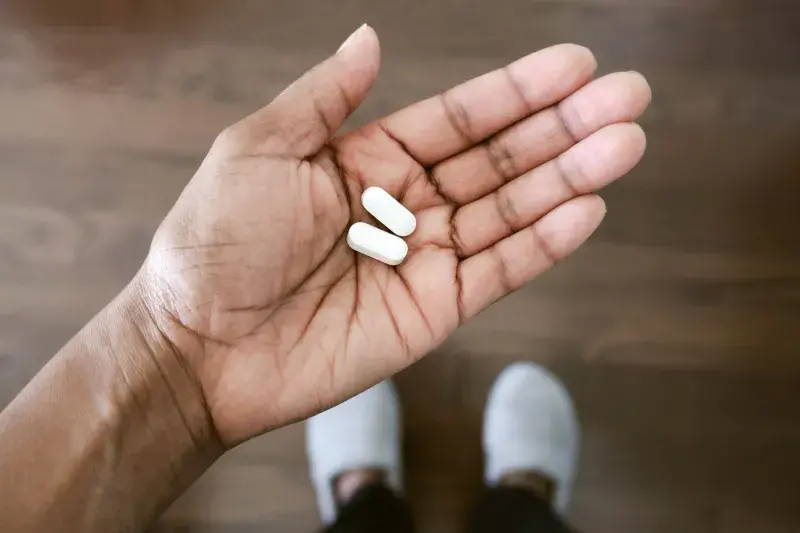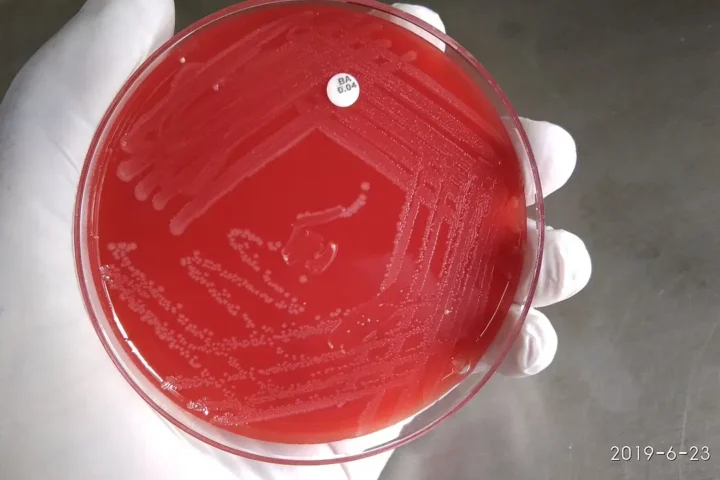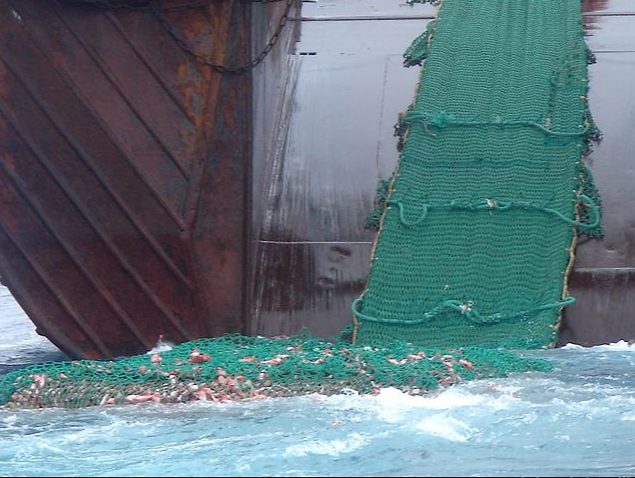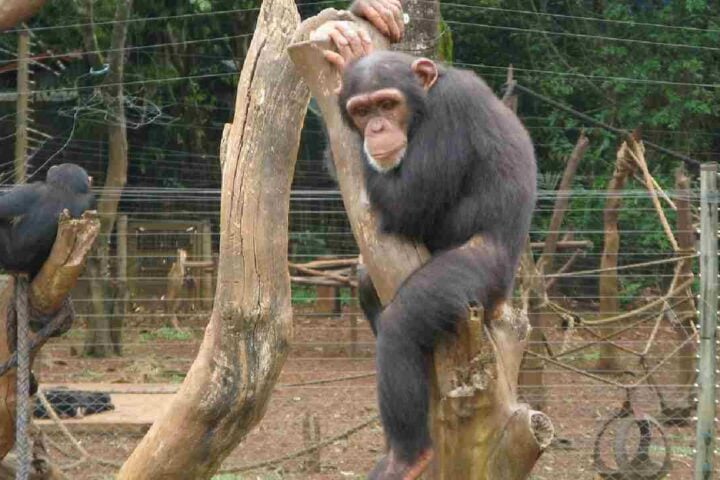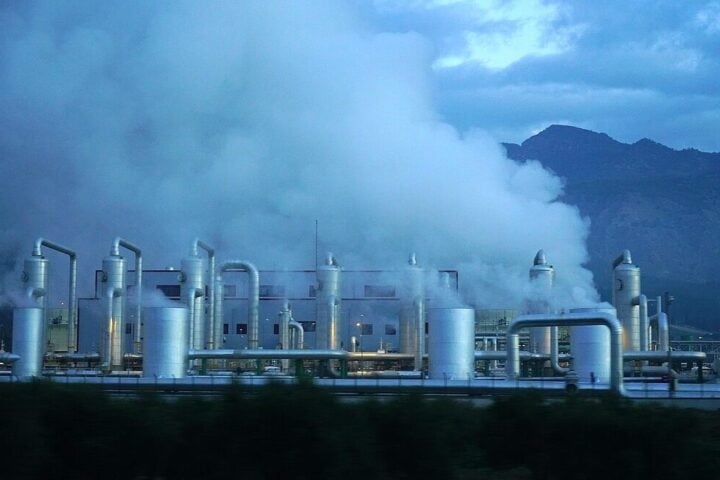Scientists at the University of Edinburgh have created a way to turn plastic waste into paracetamol using genetically modified bacteria – addressing both plastic pollution and fossil fuel dependency in pharmaceutical production.
The research team at the Wallace Lab, led by Professor Stephen Wallace, has engineered E. coli bacteria to convert polyethylene terephthalate (PET) – the plastic used in water bottles and food packaging – into paracetamol, a widely used painkiller also known as acetaminophen. The study was published in Nature Chemistry on June 23, 2025.
“This work demonstrates that PET plastic isn’t just waste or a material destined to become more plastic – it can be transformed by microorganisms into valuable new products, including those with potential for treating disease,” said Professor Stephen Wallace, UKRI Future Leaders Fellow and Chair of Chemical Biotechnology.
The Science Behind the Breakthrough
The process begins with terephthalic acid, a molecule derived from PET plastic. The research team genetically reprogrammed E. coli bacteria to transform this compound into paracetamol through a biological pathway that includes the Lossen rearrangement – a chemical reaction not previously observed in biological systems.
To complete the pathway to paracetamol, the scientists inserted genes from mushrooms and soil bacteria into the E. coli. This genetic modification enabled the bacteria to perform the entire conversion process.
Using a fermentation method comparable to brewing beer, the team completed the conversion from industrial PET waste to paracetamol in under 24 hours, though some optimized processes can take up to 48 hours. The technique runs at room temperature and produces virtually no carbon emissions.
Traditional paracetamol production relies on crude oil and other fossil fuels, with thousands of tons used annually to manufacture the medicine and power production facilities.
Similar Posts
The efficiency of the process is impressive – yields range from 83% to 92% under optimized conditions, with about 90% of the product created from reacting terephthalic acid with the genetically modified E. coli being paracetamol.
Environmental Impact
The development tackles a pressing environmental issue. PET plastic generates more than 350 million tons of waste annually worldwide. Despite being recyclable, current recycling methods often create products that continue to contribute to global plastic pollution.
PET waste persists in landfills and oceans, causing extensive environmental damage. This new approach offers a pathway to convert this problematic waste into a valuable pharmaceutical product.
From Lab to Market
While the technology shows great promise, the research team acknowledges that further development is needed before commercial-scale production becomes viable. The work represents a partnership between academia and industry, having been funded by an EPSRC CASE award and biopharmaceutical company AstraZeneca, with support from Edinburgh Innovations (EI), the university’s commercialization service.
“We are bringing in exceptional companies like AstraZeneca to work with Stephen and others at the University to translate these cutting-edge discoveries into world-changing innovations,” said Ian Hatch, Head of Consultancy at EI. “Engineering biology offers immense potential to disrupt our reliance on fossil fuels, build a circular economy and create sustainable chemicals and materials, and we would invite potential collaborators to get in touch.”
The University of Edinburgh continues to be a world leader in engineering biology, applying engineering principles to harness biological processes for creating new products and services with a focus on sustainability.
